
Proven Health Benefits of Matcha Green Tea: Weight Loss, Cancer and More (Evidence Based)
Proven Health Benefits of Matcha Green Tea: Weight Loss, Cancer and More (Evidence Based)
Matcha green tea is a popular and powerful beverage known for its numerous health benefits. Unlike regular green tea, where the leaves are steeped and then discarded, Matcha is made from finely ground tea leaves, meaning you consume the entire leaf. This process results in a higher concentration of beneficial compounds, making Matcha a potent source of antioxidants.

What is Matcha Tea?
Matcha is a finely ground powder made from the leaves of the Camellia sinensis tea plant. About two weeks before harvest, the tea plants are covered to shield them from sunlight. This crucial step boosts the production of antioxidants and amino acids, making the compounds in Matcha stronger than in regular green tea. This process gives Matcha its vibrant green color and unique chemical properties.
Matcha's high concentration of antioxidants is its key health-boosting feature. For example, it contains a green tea catechin called epigallocatechin gallate (EGCG) at levels up to 137 times greater than a common variety of Chinese green tea. Overall, Matcha has about three times more antioxidants than regular green tea.
Grades of Matcha
Matcha is available in three grades:
-
Ceremonial grade: The highest quality, with a sweet and deep flavor, often used in traditional Japanese tea ceremonies.
-
Premium grade: High-quality, perfect for daily consumption.
-
Culinary grade: Best for cooking, baking, and blending with other ingredients, as it has a more bitter taste.
Matcha Nutrition
Matcha is packed with antioxidants, including catechins, polyphenols, and flavanols, which are known to have anti-inflammatory and cancer-fighting properties. The main catechin, EGCG, is particularly effective. Matcha also contains L-theanine, a unique amino acid that promotes relaxation without causing drowsiness. Its polyphenols also have an antimicrobial effect, which can help prevent infections and improve dental health. Matcha also provides trace amounts of magnesium, manganese, iron, and calcium.
Matcha and Caffeine
Matcha contains caffeine, but its effects are often different from coffee due to the presence of L-theanine. A cup of Matcha made with two grams of powder contains about 48 mg of caffeine, roughly half the amount found in a standard cup of coffee. L-theanine helps to moderate the stimulating effects of caffeine, providing a more relaxed and focused energy boost.

Benefits of Matcha Tea
-
Improves Brain Function: The combination of EGCG, L-theanine, and caffeine in Matcha can boost brain power, enhance attention, and improve memory.
-
May Help Lower Blood Pressure: Flavonoids and polyphenols in green tea have an anti-hypertensive effect, which can significantly lower both systolic and diastolic blood pressure, particularly in individuals with stage I hypertension.
-
Can Help Lower Cholesterol: Consuming green tea extracts can help lower total cholesterol levels and reduce "bad" LDL cholesterol, protecting cardiovascular health.
-
Can Help Lower Blood Glucose Levels: Antioxidants in Matcha green tea powder have been shown to significantly reduce blood glucose and fat levels, which can be beneficial for managing diabetes.
-
Has Anticancer Properties: Studies suggest that polyphenolic compounds like EGCG can inhibit the growth of tumors and have a preventative effect on certain cancers, including lung, colorectal, and stomach cancer.
-
Protects Liver and Kidney Health: The antioxidant properties of Matcha have shown the potential to protect the liver and kidneys from damage, particularly in those with type 2 diabetes.
-
Supports Weight Loss: Research indicates that consuming Matcha tea can enhance fat oxidation during exercise, helping women and men lose weight more quickly when combined with regular physical activity.
Matcha Tea Side Effects
While generally safe for most people, excessive consumption of Matcha can lead to side effects:
-
High Blood Pressure: The caffeine content could cause blood pressure to rise in some individuals.
-
Anxiety: As a stimulant, it may exacerbate existing anxiety disorders.
-
IBS: The caffeine could worsen symptoms of irritable bowel syndrome.
-
Osteoporosis: Consuming more than three to four cups a day could lead to calcium being flushed out of the body, potentially weakening bones.
There is also a small risk of lead contamination in tea plants, but this is usually below dangerous limits with high-quality, organic products.
How to Make Matcha Tea
You can make Matcha tea in several ways:
-
Traditional method: Sift one or two teaspoons of Matcha powder into a tea bowl, add hot water, and whisk vigorously with a bamboo whisk until frothy.
-
Matcha latte: Sift Matcha powder into a cup, add a little warm water to create a paste, then stir in warm milk (dairy or non-dairy).
-
Simple cup method: Sift the powder into a cup, add a small amount of hot water to make a paste, then gradually add more water while stirring.
For the best results and to minimize risks, it is recommended to buy high-quality, organic premium-grade Matcha green tea.
News in the same category

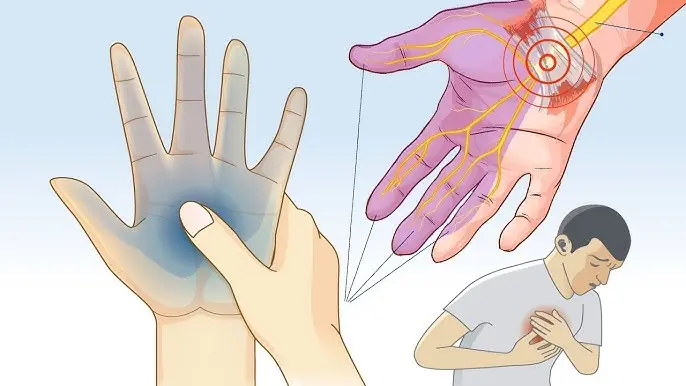
Waking Up with Numb or Tingling Hands: What It Really Means (Science Based)

Thyroid Gland: How to Balance Its Hormones

Gluten Intolerance Warning: Eczema and Other Hidden Signs Revealed

Your Body Is Begging You to Notice These High Blood Sugar Warnings
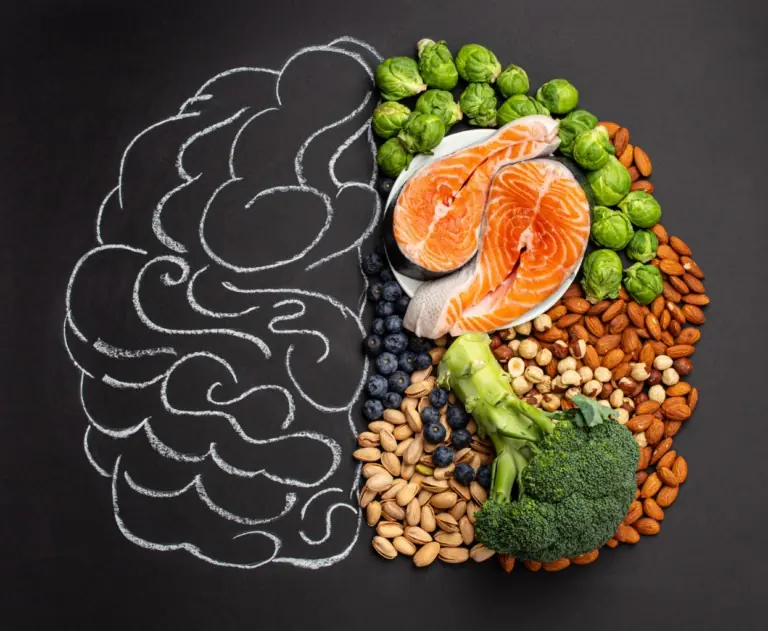
Research Reveals 12 Powerful Foods to Boost Your Brain, Improve Memory, and Make You Smarter

Proven Benefits of Watermelon and Watermelon Juice Including Nutrition Facts (Science Based)

Proven Health Benefits of Okra That Are Based On Science (Including Nutrition Facts)

What Causes a Heart Attack? 13 Health Conditions to Watch For
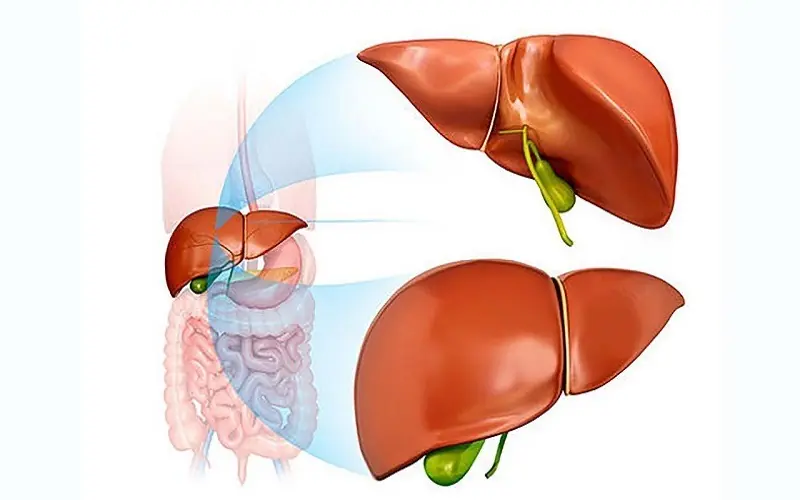
10 Proven Foods to Stimulate Your Liver and Remove Toxins Fast
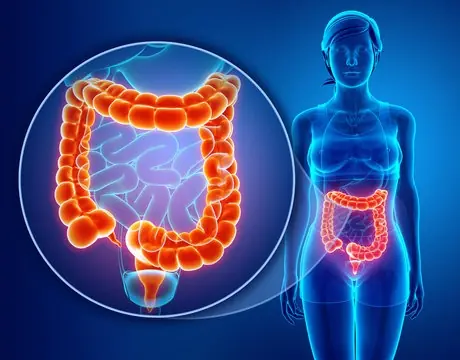
Scientists Reveal How to Cleanse Your Colon Fast Using Just 2 Simple Ingredients
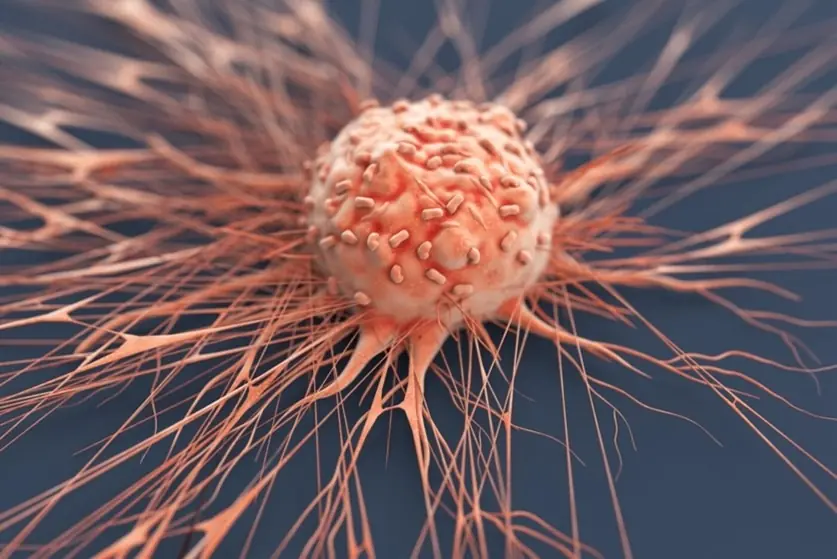
Doctors Urge: Stop Eating These 6 Foods That Fuel Cancer Growth

Sleeping Naked: 8 Surprising Benefits
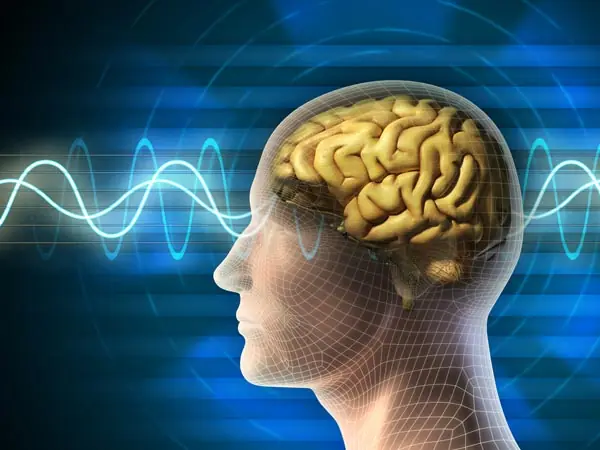
8 Habits That Could Damage Your Brain (According to Research)

What Causes Belly Fat: Foods that Cause Belly Fat and Other Causes of Belly Fat
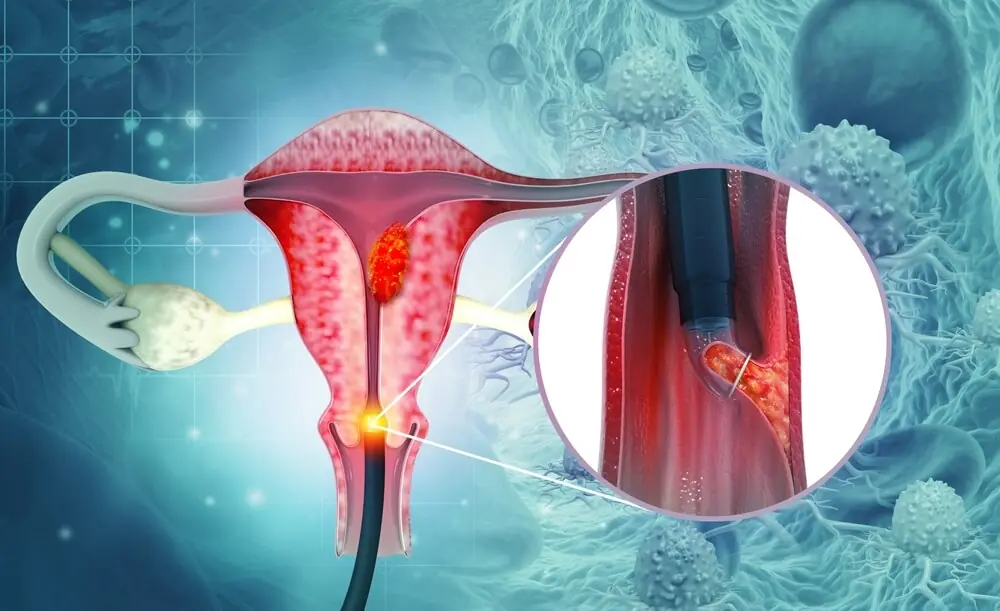
10 Warning Signs of Cervical Cancer You Shouldn’t Ignore

4 Common Causes of Body Pain on the Right Side

7 Early Signs Your Heart May Be in Danger – Don’t Ignore #3!

Discover the Power of Rosemary: Nature’s Potent Pain Reliever & Healing Herb
News Post

Proven Inflammatory Foods to Avoid According to Science

A Quiet Act of Kindness That Restored My Faith in Humanity.

A Boy Named Shayden Just Wanted One Thing: A Friend — Can We Help?

Waking Up with Numb or Tingling Hands: What It Really Means (Science Based)

My MIL Kicked My 6-Year-Old Daughter Out of My Nephew’s 7th Birthday Party – When I Found Out Why, I Had to Teach Her a Lesson

One Day My FIL Snapped, 'Did You Forget Whose House You're Living In?' — I Felt Humiliated and Had to Str!ke Back

Amazon's forgotten $500,000,000 deal that 'killed' Toys 'R' Us in 'cruel' move

The real reason why nobody has ever found human remains inside the Titanic wreckage

My Parents Kicked Me Out for Refusing to Attend Their Dream College — Five Years Later, They Got a Lesson They’ll Never Forget

I Thought My Daughter Was Just Going Through a Phase, but Her Journal Exposed a Truth I Wasn't Ready for – Story of the Day

Scientists Reverse Aging of a 53-Year-Old’s Skin Cells to That of a 23

Thyroid Gland: How to Balance Its Hormones

Gluten Intolerance Warning: Eczema and Other Hidden Signs Revealed

Your Body Is Begging You to Notice These High Blood Sugar Warnings

Research Reveals 12 Powerful Foods to Boost Your Brain, Improve Memory, and Make You Smarter

The Dog Who Never Ran Away Again.

Officer’s Quick Fix Turns Routine Call into a Viral Moment of Kindness.

My son brought a psychiatrist home to have me declared legally incompetent.
